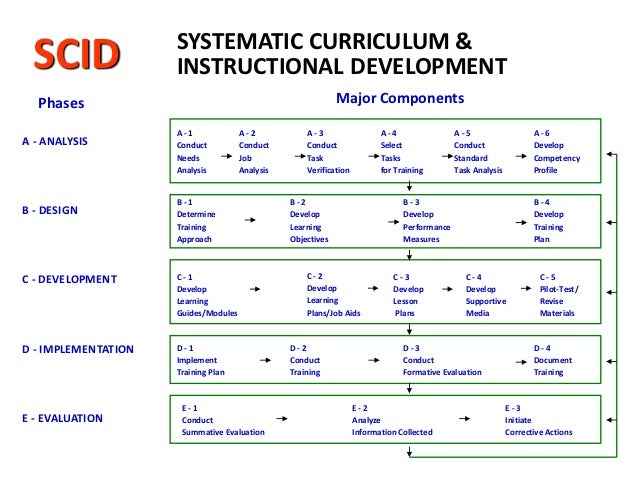


Scid test psychology professional#
Shortly after a baby is born, a health professional takes a few drops of blood from the baby's heel. CDC's Division of Laboratory Sciences has developed laboratory tests and reference materials for SCID using dried bloodspots and is working to advance screening nationwide. for numerous diseases, and 32 states and the District of Columbia currently screen for SCID. Nearly 4 million newborns are screened annually in the U.S. Newborn screening identifies babies with congenital disorders like SCID. If SCID is diagnosed early in life, before the onset of infection, a bone marrow transplant can successfully treat the disorder. They may die before 1 year of age without medical treatment1. For example, it can ensure that all of the major DSM-5 diagnoses are systematically evaluated in adults characterize a study population in terms of current psychiatric diagnoses and improve interviewing skills of students in the mental health professions, including psychiatry, psychology, psychiatric social work, and psychiatric nursing.Įnhancing the reliability and validity of DSM-5 diagnostic assessments, the SCID-5-CV will serve as an indispensible interview guide.Severe Combined Immunodeficiency (SCID) Importance of Newborn Screening for SCIDīabies born with Severe Combined Immunodeficiency (SCID) appear normal at birth but cannot fight infection. Versatile in function, the SCID-5-CV can be used in a variety of ways. Interview questions are provided conveniently along each corresponding DSM-5 criterion, which aids in rating each as either present or absent. It also screens for 17 additional DSM-5 disorders.attention-deficit/hyperactivity disorder.anxiety disorders (panic disorder, agoraphobia, social anxiety disorder, generalized anxiety disorder).schizophrenia spectrum and other psychotic disorders.A unique and valuable tool, the SCID-5-CV covers the DSM-5 diagnoses most commonly seen in clinical settings: The SCID-5-CV is an abridged and reformatted version of the Research Version of the SCID, the structured diagnostic interview most widely used by researchers for making DSM diagnoses for the past 30 years. The Structured Clinical Interview for DSM-5 (R) - Clinician Version (SCID-5-CV) guides the clinician step-by-step through the DSM-5 diagnostic process.

Online Organisational Development Assessments.


 0 kommentar(er)
0 kommentar(er)
